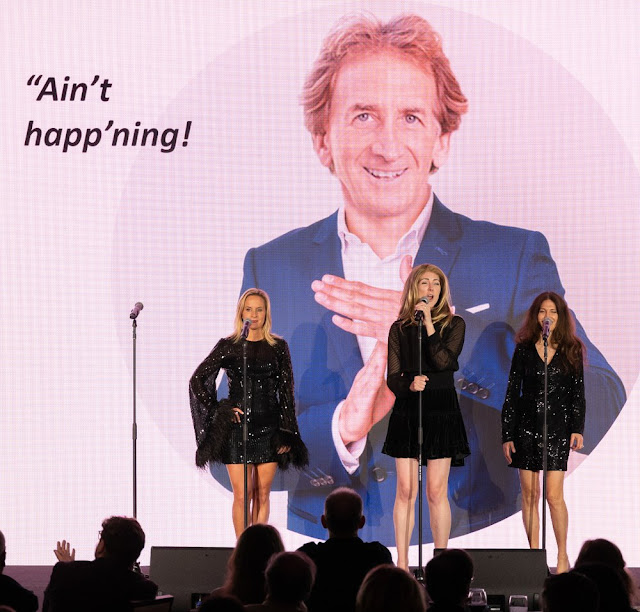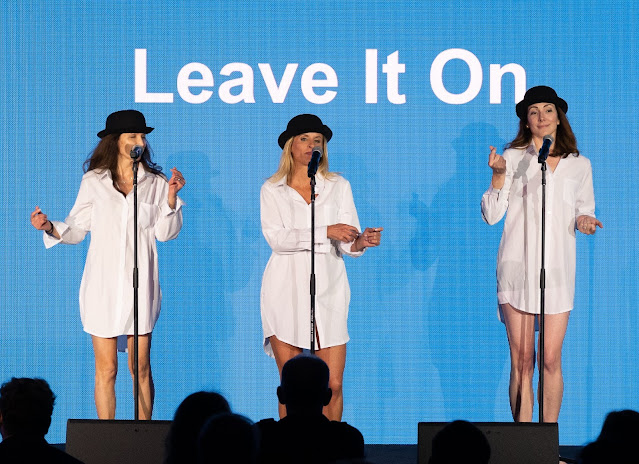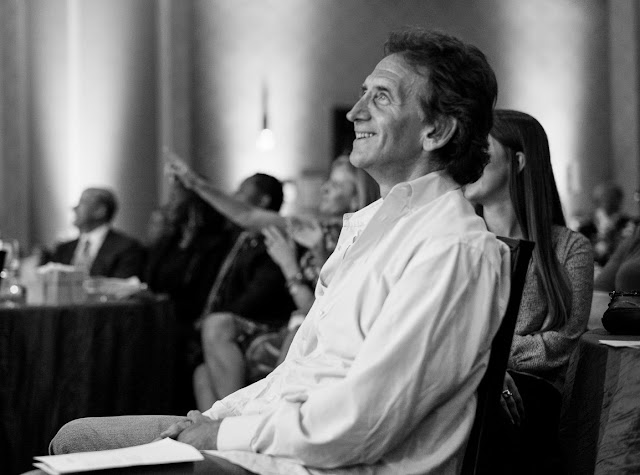I previously wrote two posts on Brian Brooks, and how he epitomized O'Melveny's "monetize government" ethos. Mr. Brooks is now the Chief Executive Officer of Meridian Capital Group,1 a business that profits from commercial and multi-family real-estate loans.
If this blog is worth its salt, you should be able to use it to predict how Mr. Brooks would act in this role. In other words, that he would use his government access to ease the regulation of, and thus boost, commercial and multi-family real-estate lending -- so that Meridian makes more money. According to the video below (at 14:10-15:26), that's exactly what he is doing.
He even claims he's "written some of the lists" of regulators for President Trump to appoint, and how his commercial real estate-focused audience "is gonna love'em." You thought the president made appointments for the benefit of his voters, or the country as a whole? Apparently not; seems like they're made for the benefit of Brian Brooks, and whoever is paying him. Previously that was the crypto industry, and today it's the commercial real estate industry.
When I first learned of the video, I had retired this blog. So rather than write about it myself, I sent it to American Banker who wrote about and linked to the video. Shortly thereafter, the video was removed, presumably at the request of Mr. Brooks. Since it's been removed, I'll take an hour to repost it here. I also e-mailed Mr. Brooks my contact information should he or the video's owner wish to initiate a copyright claim. If it comes to that, I'll have to decide whether it's worth the bother to dispute it in court, on the basis that this is fair use commentary on a big issue of public interest.
The reason it's a big issue is that the last two banking crises -- the savings and loan crisis of the early '90s and the 2008 financial crisis -- both followed periods of eased lending ratified by Republican-appointed bank regulators, i.e., the approach that Mr. Brooks espouses in this video as the "Republican view of credit" (at 11:44-12:49).
Of course, past isn't always prologue. (And I'm personally not a big fan of bank regulators anyway. I would rather they simply release the data so the public can figure out which banks are worth supporting on our own, like we do for our other investments.) But I hope this regulatory approach doesn't lead to yet another banking crisis.
_________________________________________
1 This move was probably related to his former boss, Steve Mnuchin, whose Liberty Strategic Capital effectively acquired New York Community Bancorp ("NYCB") after the bank fell on hard times. I say they're probably related because the acquisition and Mr. Brooks's appointment were announced within three weeks of each other, in March 2024, and NYCB buys its loans from Meridian. Like NYCB, Meridian also experienced an existential challenge in March, when Fannie Mae "ban[ned]" Meridian-brokered deals. So, I imagine that when Mr. Mnuchin's fund took control of the bank, he suggested that Meridian appoint Mr. Brooks as their chief executive, after which the two troubled and interconnected entities would rise together, providing a handsome return on Mr. Mnuchin's investment. Incidentally, Mr. Brooks's other former boss, Joseph Otting, was named Executive Chairman of NYCB, which has now been re-branded as Flagstar Financial.

































